**Introduction**
Dog owners often make feeding mistakes that can have serious consequences for their pets’ health and well-being. From overfeeding to providing inappropriate human foods, these errors can lead to a range of issues, including obesity, digestive problems, and even nutritional deficiencies.
In this article, we will explore the five most common feeding mistakes and provide practical solutions to address them. By understanding these pitfalls and implementing appropriate feeding practices, dog owners can ensure their companions receive the optimal nutrition they need to thrive.
## Common Feeding Mistakes Dog Owners Make
### 1. Overfeeding
Overfeeding is a widespread issue in dog ownership. Many factors contribute to overfeeding, such as a lack of knowledge about proper portion sizes, emotional attachment to the dog, or using food as a reward.
**Consequences:**
* **Obesity:** Excess weight can lead to numerous health issues, including heart disease, diabetes, and arthritis.
* **Joint problems:** Overweight dogs are more likely to experience joint pain and mobility issues.
* **Digestive issues:** Overeating can disrupt the digestive system, leading to vomiting, diarrhea, and other gastrointestinal problems.
**Solutions:**
* **Calculate calorie needs:** Use online calculators or consult with a veterinarian to determine your dog’s calorie requirements based on their age, weight, and activity level.
* **Use measuring cups:** Measure the exact amount of food you give your dog at each meal.
* **Resist emotional feeding:** Avoid giving treats excessively or feeding out of pity.
* **Schedule feeding times:** Stick to a consistent feeding routine to prevent overeating.
### 2. Feeding Human Food
While it’s tempting to share meals with your furry friend, certain human foods can be harmful to dogs. Some common toxic foods include:
* **Chocolate:** Contains theobromine, which can be toxic to dogs.
* **Grapes and raisins:** Can cause kidney failure.
* **Macadamia nuts:** Toxic to dogs’ digestive and nervous systems.
* **Dairy products:** Many dogs are lactose intolerant and can experience digestive issues.
* **Uncooked meat:** May contain harmful bacteria or parasites.
**Consequences:**
* **Poisoning:** Toxic foods can cause serious illness or even death.
* **Digestive upset:** Dogs’ digestive systems are not designed to handle human food, leading to vomiting, diarrhea, and abdominal pain.
* **Nutritional deficiencies:** Human food may not provide the essential nutrients dogs require.
**Solutions:**
* **Educate yourself:** Familiarize yourself with the list of toxic foods for dogs.
* **Keep human food out of reach:** Store food securely to prevent your dog from accessing it.
* **Provide healthy alternatives:** Offer dog-safe treats and chews instead of human food.
* **Consult a veterinarian:** If you’re unsure about a specific food, always consult with a veterinary professional.
The #1 Free Source for Pitbull & Bully Pedigrees!
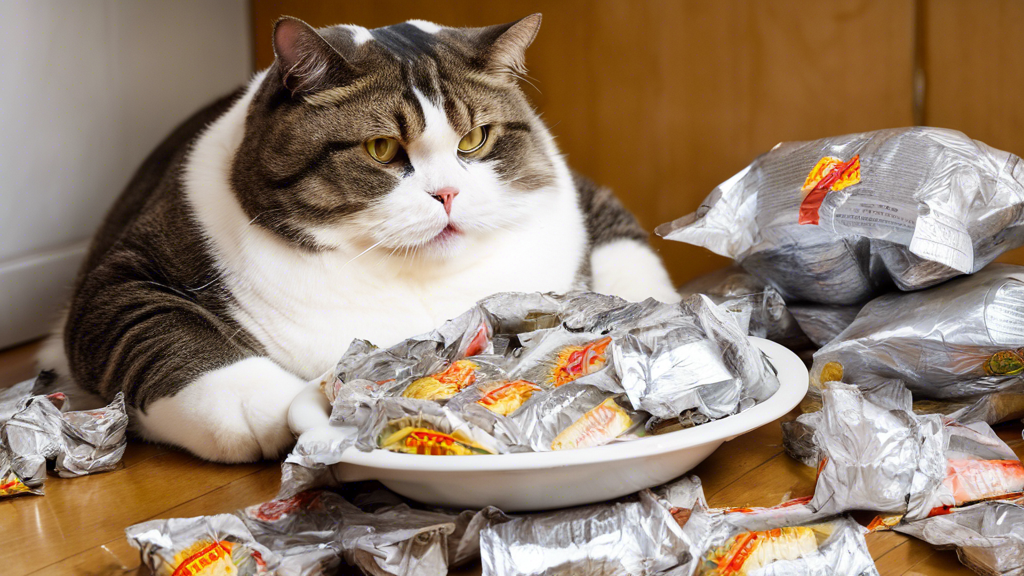
## Consequences and Solutions for Feeding Mistakes
### Addressing Obesity
* **Consequences:** Overfeeding can lead to obesity, joint problems, and other health issues.
* **Solutions:**
* Determine your dog’s daily caloric needs based on breed, age, and activity level.
* Measure and follow recommended serving sizes on food labels.
* Limit table scraps and high-calorie treats.
* Exercise your dog regularly to promote calorie burn and maintain a healthy weight.
### Identifying and Removing Toxic Human Food
* **Consequences:** Certain human foods, such as chocolate, onions, and garlic, can be toxic to dogs.
* **Solutions:**
* Educate yourself about foods that are safe and unsafe for dogs.
* Keep toxic foods out of reach of your pet.
* If you suspect your dog has ingested something toxic, contact your veterinarian immediately.
### Researching Breed- and Age-Specific Needs
* **Consequences:** Feeding a diet that does not meet the unique nutritional requirements of a dog’s breed or age can lead to health problems.
* **Solutions:**
* Research the dietary needs of your dog’s breed.
* Choose a dog food that is specifically formulated for your dog’s age group (e.g., puppy, adult, senior).
* Consult with your veterinarian to determine any specific nutritional requirements based on your dog’s individual health needs.
### Ensuring Adequate Hydration
* **Consequences:** Dehydration can cause a variety of health problems, including kidney failure and seizures.
* **Solutions:**
* Provide your dog with access to fresh, clean water at all times.
* Encourage water intake by adding water to your dog’s food or providing ice cubes as a treat.
* Supervise your dog when it is drinking, especially in hot weather.
### Establishing Structured Feeding Schedules
* **Consequences:** Free-feeding can lead to overeating, weight gain, and digestive problems.
* **Solutions:**
* Feed your dog at regular intervals, typically twice a day.
* Remove the food bowl after a set amount of time (15-20 minutes) to prevent overeating.
* Establish a consistent feeding schedule and avoid skipping meals.
* Supervise your dog while it is eating to ensure that it is not eating too quickly or taking food from other pets.
**Conclusion**
Avoiding these common feeding mistakes is crucial for the health and well-being of your canine companion. Overfeeding, offering human food, neglecting nutritional customization for breed and age, inadequate water provision, and free-feeding practices can all lead to potential health problems.
By addressing obesity through controlled caloric intake, eliminating toxic human foods, researching specific dietary requirements, ensuring proper hydration, and establishing regular feeding schedules, owners can effectively prevent and manage health issues stemming from improper feeding practices.
Remember, a balanced and tailored diet is a cornerstone of pet ownership. By avoiding these common mistakes, dog owners can provide their furry friends with optimal nutrition, reduce the risk of preventable health problems, and foster a long and fulfilling life filled with wagging tails.
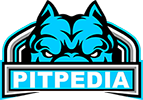






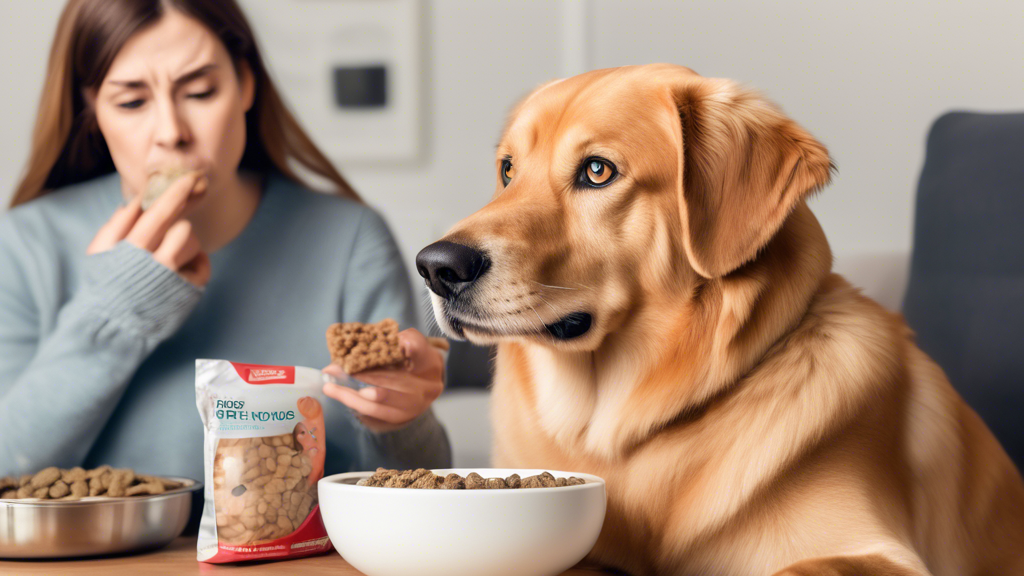


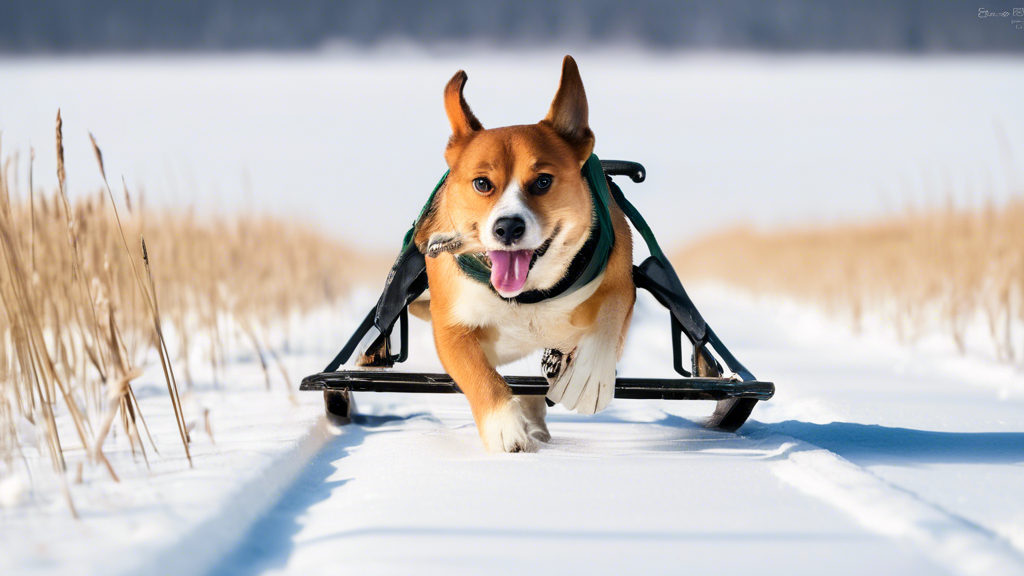
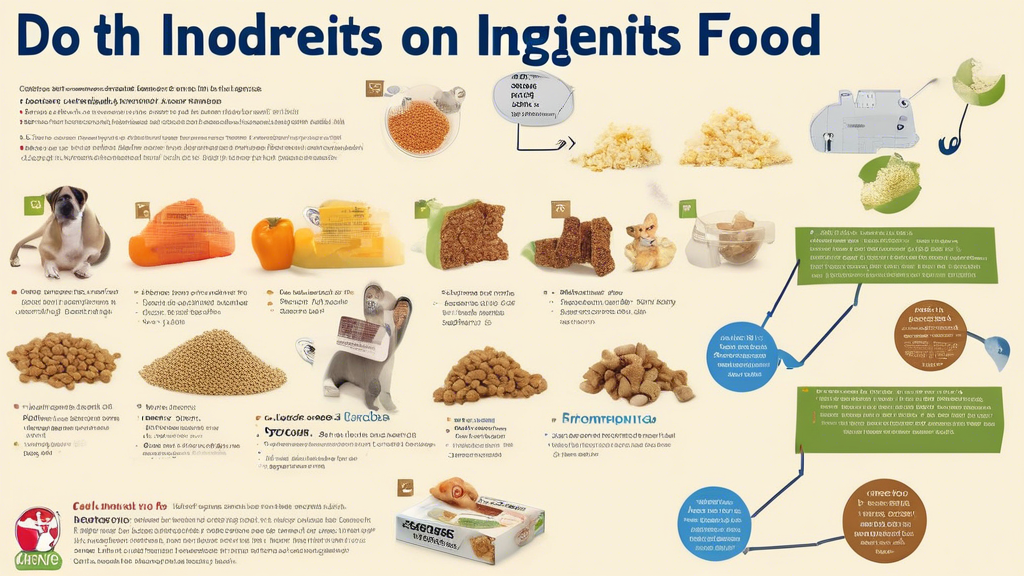
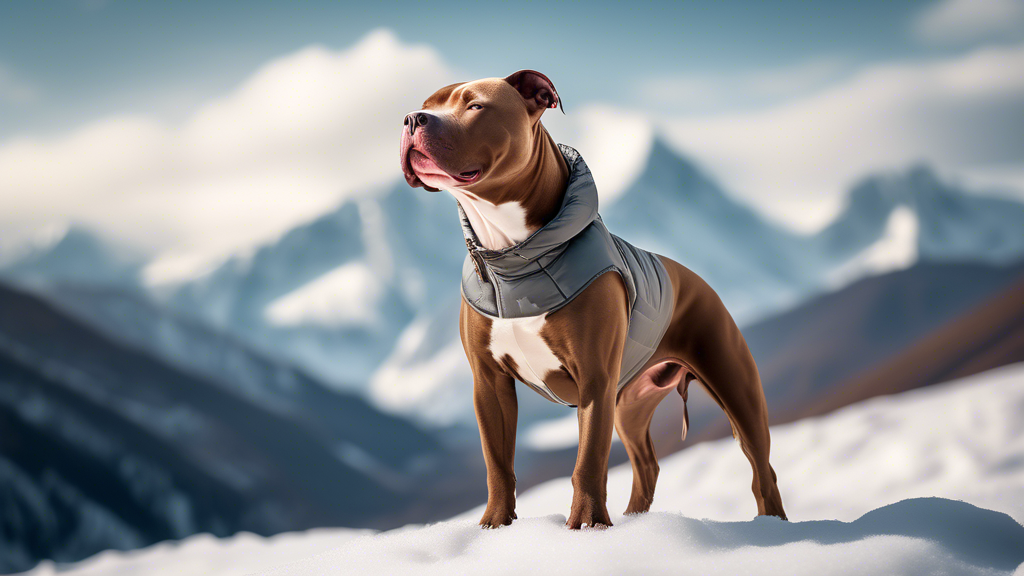
Leave A Comment